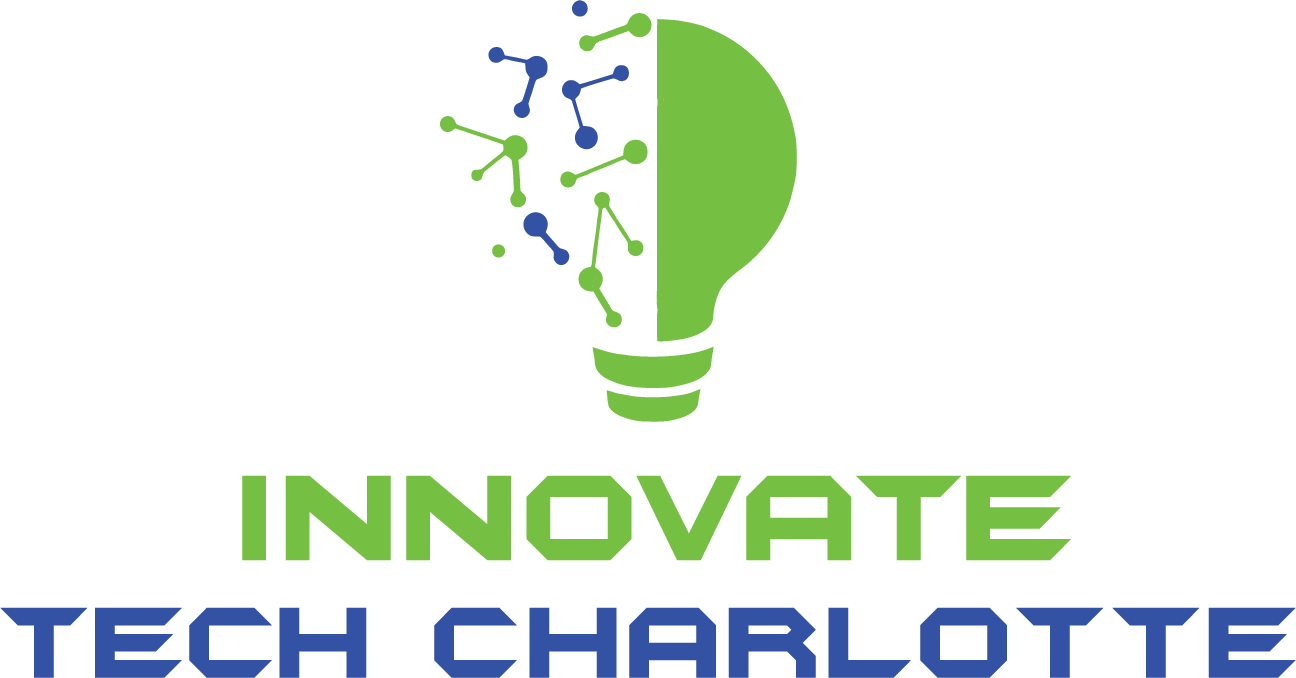To prepare for an AI-driven job market, students need to develop a diverse set of skills that combine technical expertise, soft skills, and the ability to adapt to continuous change. Here are the top skills identified across various sources:
Technical Skills
Machine Learning and Deep Learning
Understanding machine learning and deep learning algorithms, neural networks, and their practical applications is crucial. This includes using tools like TensorFlow or PyTorch.
Programming
Proficiency in programming languages such as Python, Java, and R is essential. Students should know how to implement AI algorithms, work with large data sets, and develop intelligent systems.
Data Literacy
Skills in data collection, processing, analysis, and interpretation are vital. Students should be adept at using tools for data analysis and understand data ethics and privacy issues.
Data Modelling and Analytics
Understanding current database technology, designing and manipulating databases with relational algebra and SQL, and working with non-traditional data types like NoSQL databases are important.
Soft Skills and Interpersonal Attributes
Critical Thinking and Problem-Solving
The ability to think critically and solve complex problems is essential. This involves understanding the limitations of AI and anticipating potential consequences of its deployment.
Collaboration and Communication
Students need to be able to collaborate across disciplines and communicate complex AI concepts to non-experts. This includes teamwork, empathy, and effective communication skills.
Adaptability and Continuous Learning
The AI field is rapidly evolving, so staying updated with the latest advancements and continuously learning is vital. This includes understanding emerging trends and breakthroughs in AI research.
Ethical and Strategic Skills
AI Ethics and Responsible AI
Understanding the ethical implications of AI, including bias, fairness, transparency, and accountability, is paramount. Students should be well-versed in regulatory frameworks and ethical dilemmas.
Business and Strategy
Skills in AI strategy formulation, identifying AI-driven business opportunities, and understanding the economics of AI solutions are crucial for driving business value.
Interdisciplinary and Creative Skills
Interdisciplinary Knowledge
A broad understanding of how AI intersects with various fields like healthcare, finance, and urban planning is beneficial. Students should understand the context in which AI operates.
Creativity and Innovation
Cultivating the ability to think outside the box, envision novel applications of AI, and drive forward the boundaries of what AI can achieve is important.
Life-Long Learning and Adaptation
Cognitive Problem-Solving and Analytical Thinking
Developing cognitive problem-solving, analytical thinking, and technology literacy skills will make employees more productive when using AI.
Self-Efficacy Skills
Skills such as resilience, motivation, curiosity, and life-long learning are essential for adapting to the rapidly changing work landscape.
By focusing on these skills, students can prepare themselves to not only navigate but also thrive in an AI-driven job market.
